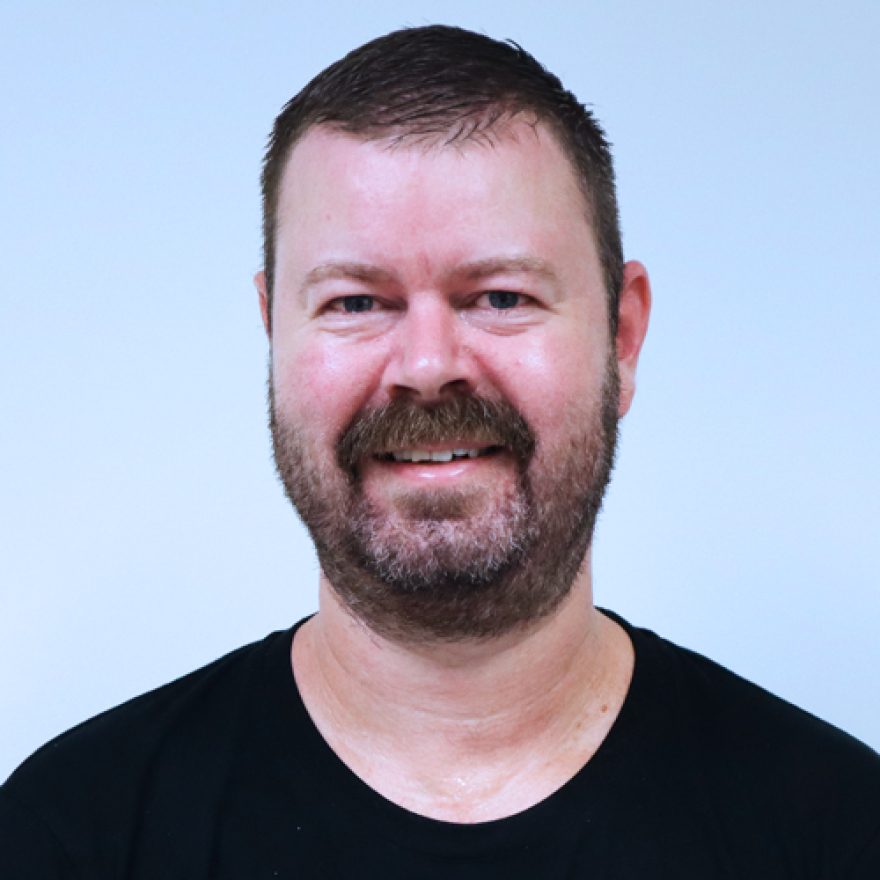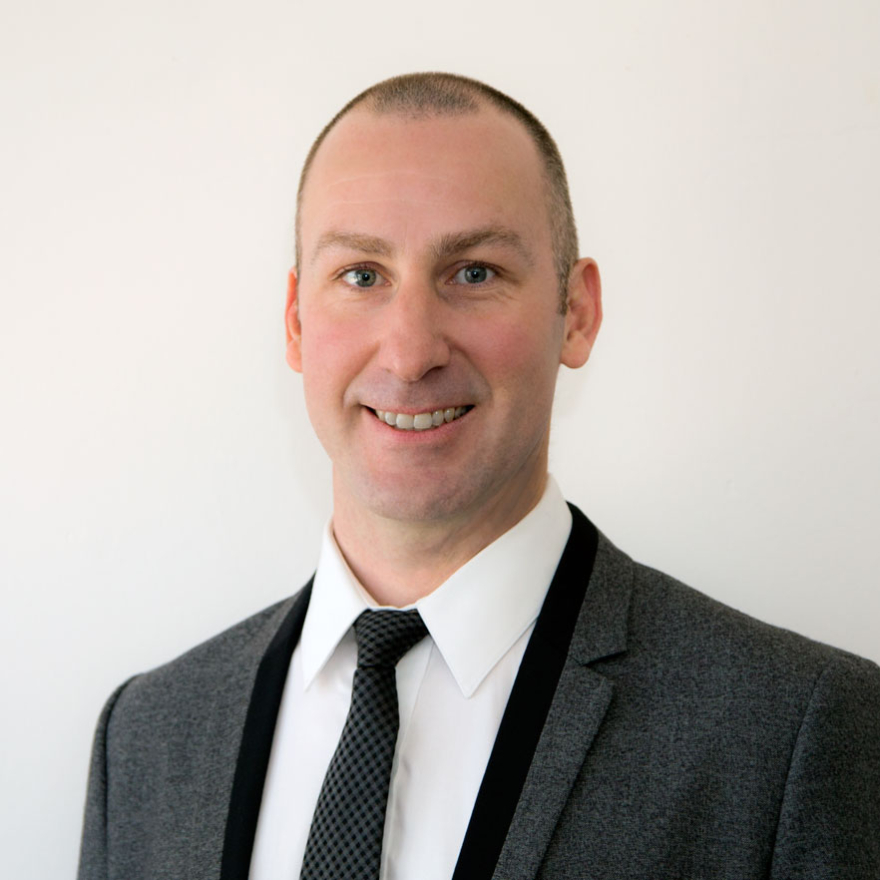Key findings
- Participants learnt about sexual health services through a broad range of pathways, including information online, large-scale HIV awareness campaigns, universities, and through social and sexual networks.
- Social and sexual networks played an important role in shaping sexual health norms for some participants, including regular HIV/STI testing, pre-exposure prophylaxis (PrEP) use, and partner notification.
- Alternative pathways to obtaining PrEP such as self-importation and when available, federally funded PrEP, were important avenues to PrEP access for those not eligible for Medicare.
- The vast majority of participants reported positive experiences in publicly funded sexual health clinics, often emphasising the free, confidential, and respectful nature of these services as highly valued.


